Speakers
Description
Developing a tens of picosecond sensor which will survive the radiation environment of the future high physics experiments is a challenge. For position detection, sensors in the HV-CMOS 150 nm process technology have proven to be inherently rad-hard thanks to the full depletion of several hundred microns of the substrate. A first iteration of a timing sensor in this technology, named CACTUS, has been tested with encouraging results but with a time resolution far from the 60 ps expected from the simulations due to unforeseen capacitance. A new prototype called MiniCACTUS has been designed and submitted to fabrication in order to address this issue. It includes integrated front-end electronics with discrimination for each pixel, a programmable slow-control, internal DACs and bias circuits. The baseline pixel pitches are 1 mm² and 0.5 mm² with additional test structures sizing 50 µm x 50 µm and 50 µm x 150 µm. The prototypes received from the foundry have been thinned to 100 µm and 200 µm and were post processed for backside polarization. The 200 µm samples have shown a breakdown voltage higher than 300 V, a S/N better than 50 with cosmic rays, and a timing resolution around 80 ps, limited by the resolution of our timing reference system. A test-beam campaign is foreseen at CERN this year in order to assess precisely the timing resolution of the sensor. All these results will be presented at the conference.




